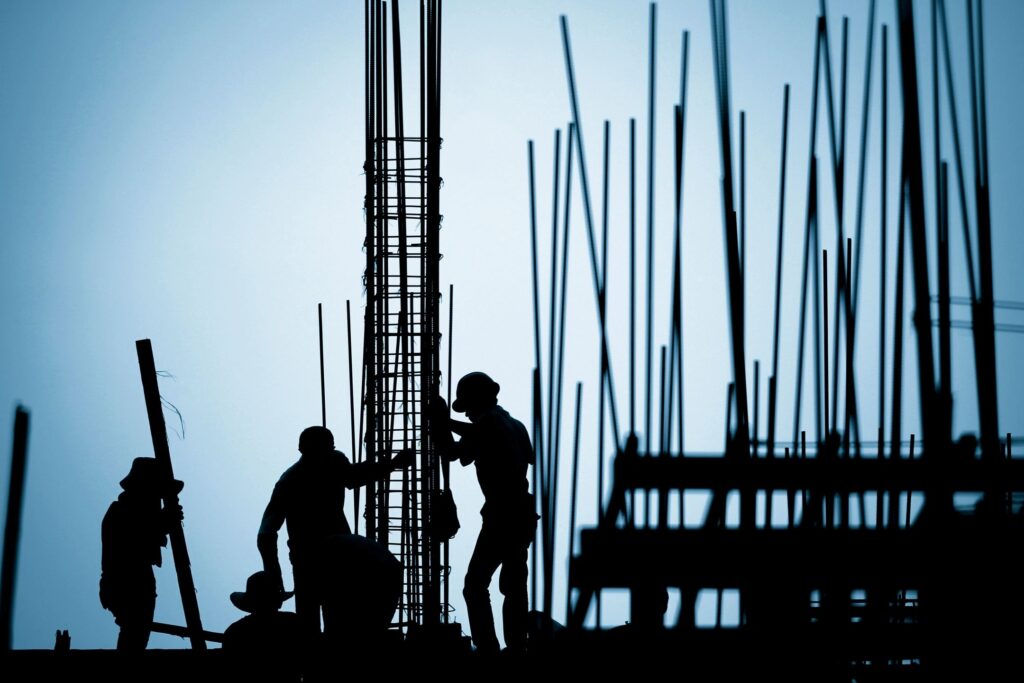
Pre-construction
Pre-construction is the initial phase of a construction project, where clients and contractors meet to discuss and plan the project before construction begins. It’s a crucial stage where decisions made can significantly impact the project’s success and cost.
Pre-construction typically involves:
Creating a plan: Developing a strategic plan for the project
Design: Creating a design for the project
Securing permits: Obtaining the necessary permits or entitlements
Gathering resources: Assembling the labor and resources required for construction
Identifying problems: Identifying potential issues that may arise
Scheduling: Planning and scheduling the project
Estimating costs: Estimating the project’s costs
Construction Manager
A construction manager plans, coordinates, budgets, and oversees construction projects from start to finish. They work with architects, engineers, and trades workers to ensure that projects are completed on time and within budget. Construction managers are responsible for many aspects of a construction project, including:
Planning: Participating in the conceptual development of a project
Scheduling: Creating schedules for the project site
Budgeting: Developing budgets using cost-estimating and planning software
Communication: Facilitating communication between the client, architects, engineers, administrators, and construction workers
Safety: Ensuring the safety of on-site workers
Problem solving: Making decisions and solving problems that arise, such as going over budget
General Contractor
A general contractor (GC) is a professional who manages the construction of commercial projects from start to finish:
Project coordination
GCs are responsible for the overall coordination of a project, including securing permits, overseeing work, and ensuring everything goes according to plan.
Budget and schedule management
GCs coordinate budgets and schedules, and keep the project owner up to date on any changes.
Vendor and subcontractor relationships
GCs manage relationships with vendors and subcontractors, and facilitate communication between the project owner and other stakeholders.
Project assessment
GCs assess project-specific documents, such as bids, proposals, or tender documents.
Price proposal
GCs submit a fixed price proposal or bid, cost-plus price, or an estimate to the project owner.

